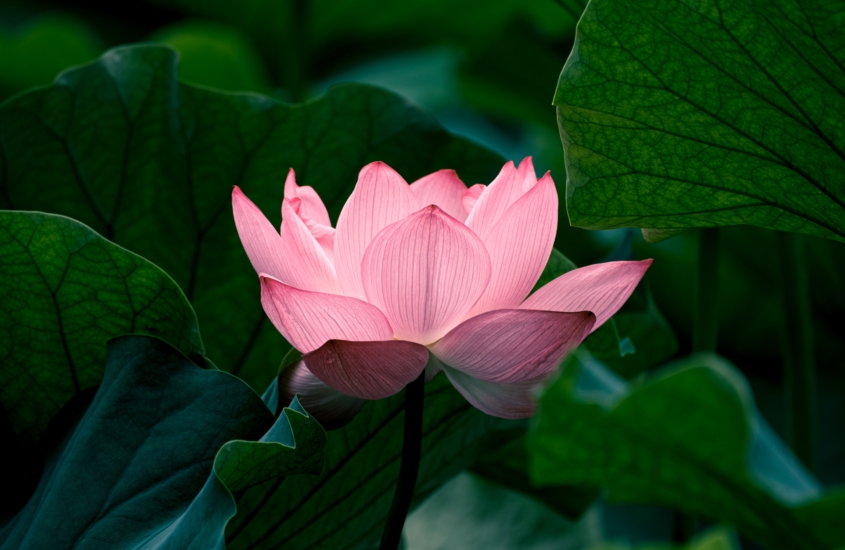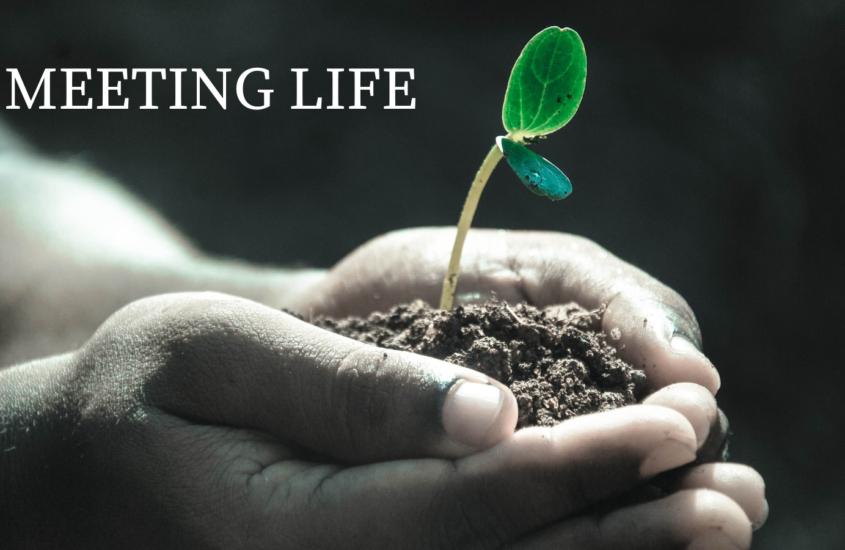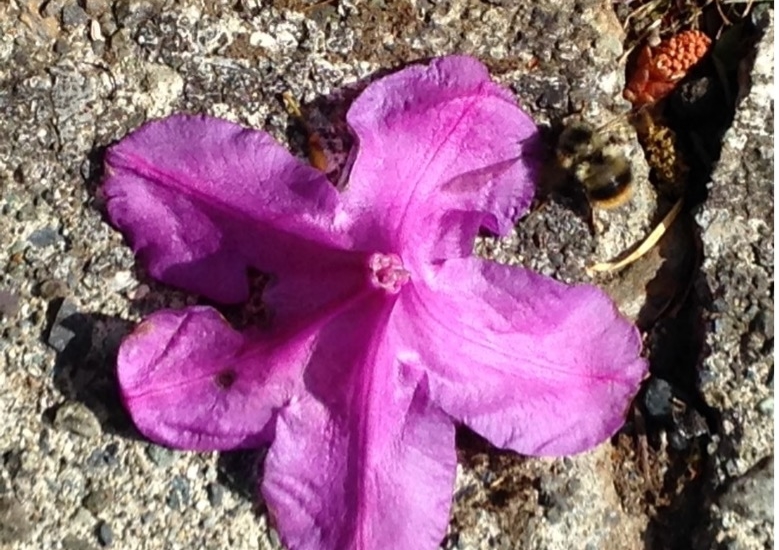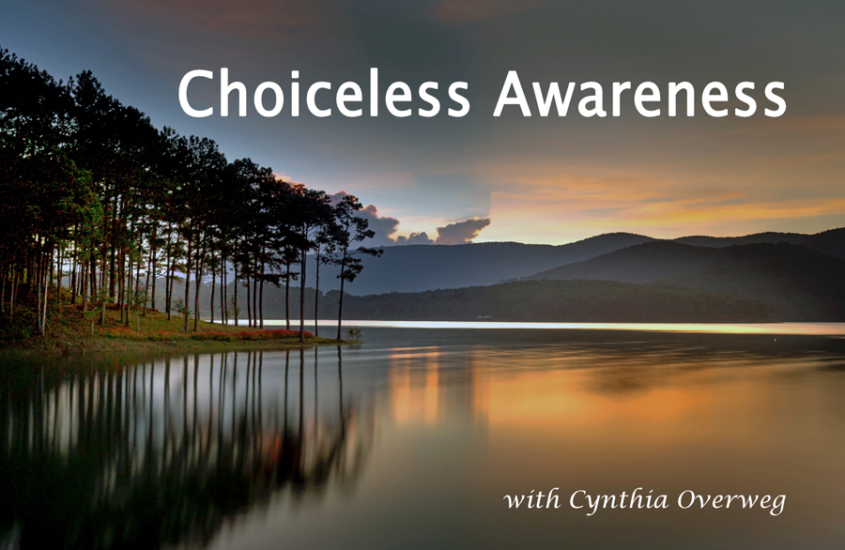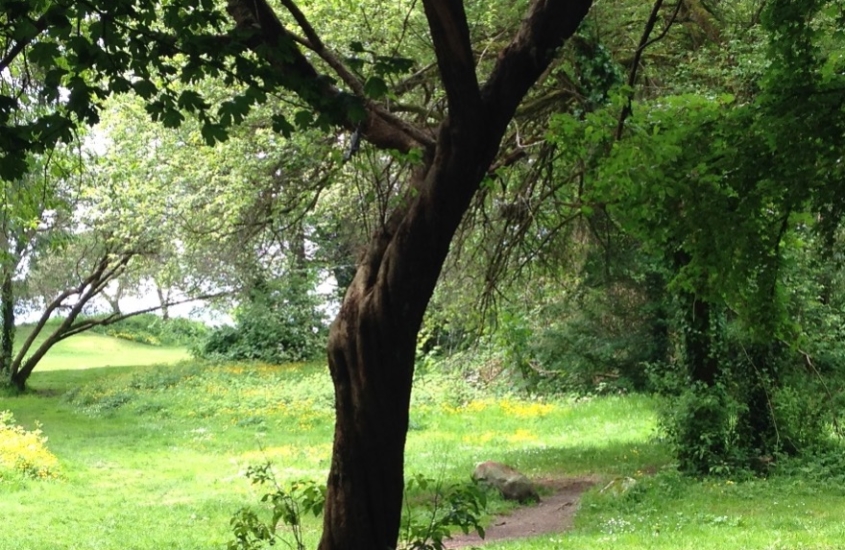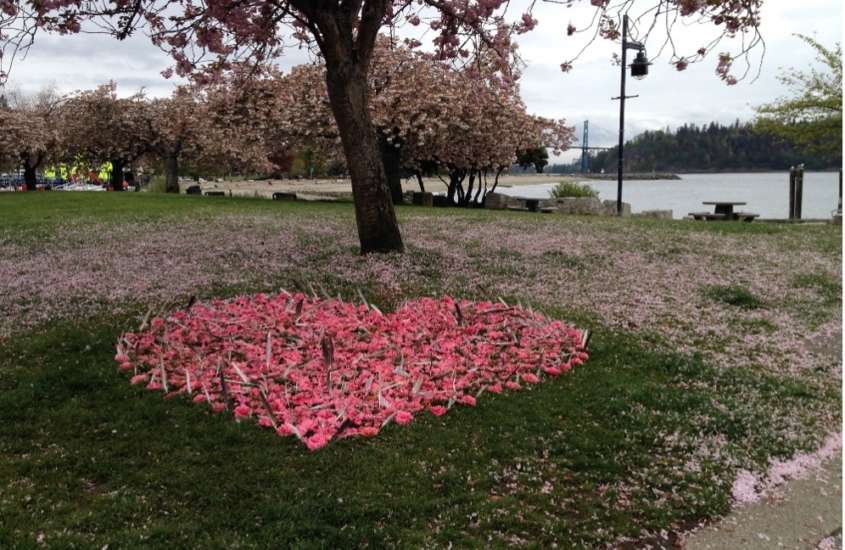Self-Inquiry, April 16, 2023
Self-Inquiry
With Jackie McInley
Sunday, April 16, 2023
KECC 538 Swanwick Rd., Metchosin, BC
This was our second meeting with Jackie at the Metchosin location and sponsored by the Krishnamurti Educational Centre of Canada. She is visiting us from the UK and is in residence at the Swanwick Centre for the month of April. Nine people in total were present for the gathering in the Gatehouse. Cold and wet weather prevented us from meeting outside on the lawn.
As she usually does, Jackie gave a thorough introduction to the practice of “dialogue” as a means of exploring our ideas and understandings of ourselves and our lives. She explained the place of J. Krishnamurti’s teachings in our observation of ourselves and in our persistent questioning of beliefs and concepts that arise in the group interactions that unfold as we communicate about what is important to us and how we can gain wisdom concerning such highly relevant issues.
As the conversation became more focused on questions from the individual participants deeper questions and challenges arose from the group. One participant was very interested in how trust could develop in a group of people who hardly knew each other. Another wondered if it might be more fruitful to approach the question negatively as Krishnamurti often suggested. Could we ask what the impediments to trust might be, or how we create a lack of trust? In looking at how we create mistrust, perhaps a sense of trust might spontaneously arise.
The dialogue then turned to some personal sharings concerning the feeling of self-consciousness and the fear of being judged or criticised. It was acknowledged that most likely we all felt some of those uncomfortable feelings and Jackie pointed out that there was often a deep resistance to feeling the discomfort of fear and insecurity. Is it not necessary, if we are going more deeply into our authentic natures, to expose the more sensitive aspects of our personalities? Is it not necessary to clear the habitual responses that prevent us from responding to the world with love? When the focus seemed to turn towards the “self” and what the self could do, it was asked, “What is the self?” This led to the idea of ”Being” and its significance.
The session went on for over two hours and people seemed reluctant to bring it to an end. There seemed to be a deeply shared interest in the inquiry process and a positive anticipation of future dialogue meetings.
DB

